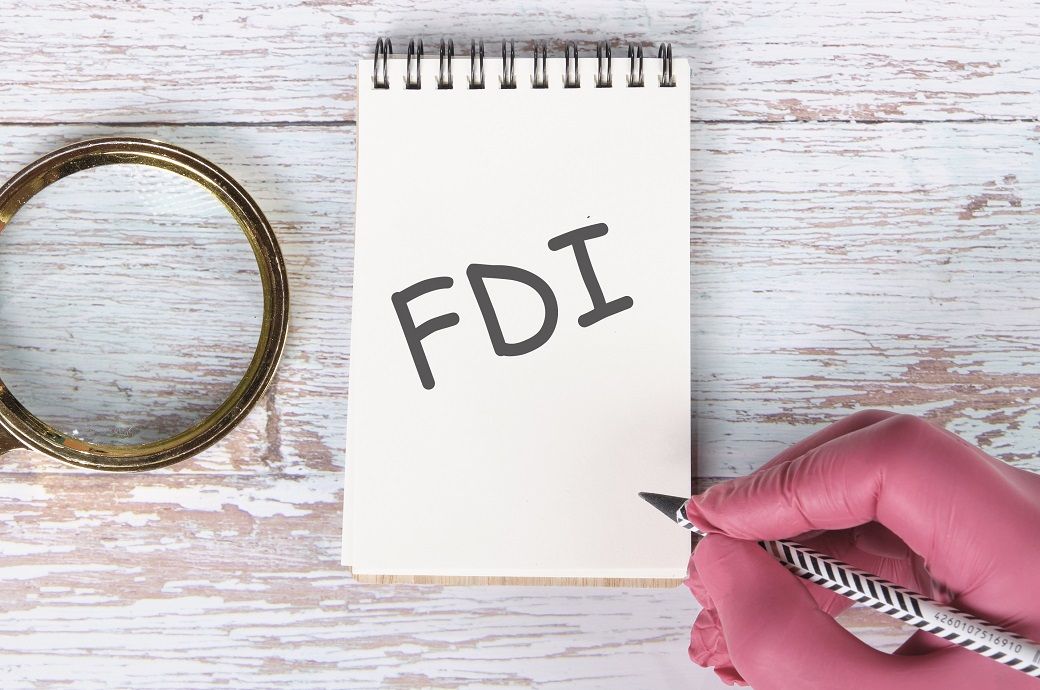
According to data from the central bank, Bangladesh received $3 billion in net FDI in 2023, down from $3.48 billion in 2022.
Meanwhile, Ahsan H Mansur, executive director at the Policy Research Institute, noted that Bangladesh’s macroeconomic situation has deteriorated slightly, impacting its attractiveness for new investments.
He also cited global factors contributing to reduced FDI inflows in developing countries.
The United Kingdom led FDI inflows in 2023 with $614 million, followed by investments from countries like the Netherlands, the US, China, South Korea, Norway, and Singapore.
Reinvested earnings accounted for 73 per cent of the net FDI inflow, indicating a preference for reinvestment of returns from existing investments due to favourable returns in Bangladesh. Equity capital inflows hit a four-year low of $705 million.
The textile and apparel sector attracted the highest investment of $591 million in 2023, with significant investments in banking, power, gas, petroleum, and food sectors even as Naser Ezaz Bijoy, CEO of Standard Chartered Bank Bangladesh, attributed the decline in FDI to hesitancy during election years, global economic uncertainty, and tight forex situations.
To boost FDI inflows, Bijoy suggested improving the ease of doing business, enhancing logistics, customs, and taxation processes, and ensuring the ease of repatriating profits or dividends.
He emphasised the importance of a vibrant capital market and liberal forex regulations to attract FDI, considering Bangladesh’s potential to become the 9th largest consumer economy by 2031.
ALCHEMPro News Desk (DR)
Receive daily prices and market insights straight to your inbox. Subscribe to AlchemPro Weekly!